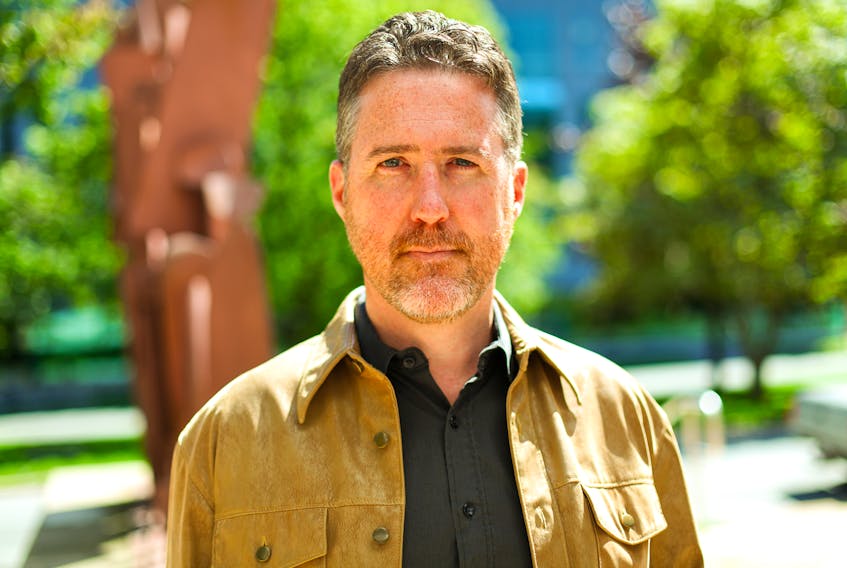SYDNEY, N.S. — A Dalhousie University law professor says extradition to a foreign country would scare anyone.
“It would be really terrifying, in particular if you didn’t commit the crime but frankly even if one did, it would be a frightening prospect," said Robert Currie, who teaches international criminal law at the Schulich School of Law.
However, Currie said, the government has stated: "It’s the chance you take if you go to a foreign country and commit a crime.”
Currie said he has done a lot of work on the issue of when countries are prepared to extradite people to places where they might face a form of punishment that the sending country wouldn’t use and how they deal with that.
“Every country has its own approach to dealing with that,” he said. “In the U.K., they have a fairly robust approach because they are part of the European convention on human rights.”
David James Roach, formerly of River Ryan, in custody in London, England, is in the process of being extradited to Singapore, accused of robbing a bank in the city-state. The U.K only agreed to the extradition if caning wasn’t used.
Currie said you don’t hear much about extraditions to Singapore, but he does know that the country has corporal punishment as part of their criminal code.
“It doesn’t surprise me that the U.K. would say, ‘Yes we’ll extradite him, but you’re not allowed to beat him.'”
In a famous case still playing out in Canada, Ottawa university professor Hassan Diab was arrested in Canada on Nov. 13, 2008 and extradited to France where he remained in solitary confinement for three years, accused of a terrorist bombing, although there was evidence he didn't do it.
The judge kept releasing Diab, saying there was no evidence, but the court of appeal kept overturning the decision, Currie said.
That brings up the question of whether Canada should be extraditing to France at all, because their justice system has significant problems of fairness and delays, he said.
Currie said extradition is a dark and sometimes rather ugly little corner of law. However, at the same time, he said it’s important as in order to combat transnational organized crime, a solid network of extradition treaty is needed.
“We do extradite to the U.S. (United States) but only if they take the death penalty off the table,” he said. “Canada doesn’t extradite anyone facing the death penalty.”
Currie said hopefully we’d never extradite to a place like Egypt where people are tortured routinely and interrogations involve beatings.
A few years ago Prime Minister Justin Trudeau announced Canada was going to try to create an extradition treaty with China.
“Lots of people went ballistic, including me,” he said. “That was seen as problematic that we would extradite someone to a country with a justice system that doesn’t have meaningful human rights protection.”
Currie said Amnesty International and Human Rights Watch do reports on a country’s justice system and human rights, whether people get a fair trial and what types of punishments they use.
“A question that is often asked is if we should extradite to certain countries.”









